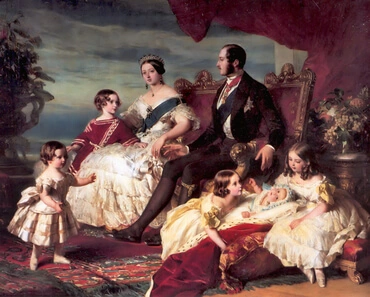Generation

To “generate” something is to create it, and that idea underpins the meaning of a “generation” of people -- it is a group that was created together, at roughly the same time, from the same parents or group of parents. On a spiritual level, we can be “generators” by using what we know from the Lord to create ideas of how to be good, and also to create good actions based on those ideas -- what the Writings call things of faith and things of charity. In general, then, a “generation” in the Bible represents the spiritual ideas and activities created by a church -- with a “church” being anything from an individual believer to a group lasting thousands of years. “Generation” can also pick up specific meanings from context. For instance, when the Bible says the people of Israel were captive in Egypt for four generations, it means a state of temptation based on the meaning of “four.” When paired with “eternity,” meanwhile, “generations” represents ideas and actions surrounding love of serving others, with “eternity” representing things springing from love of the Lord. Finally, “generations and generations” is used in the Bible to represent forever.
Arcana Coelestia #1866
1866. 'From the river of Egypt to the great river, the river Phrath' means the extension of spiritual and celestial things, 'to the river of Egypt' being the extension of spiritual things, 'to the river Phrath' the extension of celestial things. This is clear from the meaning of 'the river of Egypt' and from the meaning of 'the great river' or the Euphrates. That these rivers mean the extension of spiritual and celestial things becomes clear from the meaning of 'the land of Canaan' as the Lord's kingdom in heaven and on earth, in which kingdom there is nothing else than the spiritual things of faith and the celestial things of mutual love. Consequently nothing else can be meant by the borders of the land of Canaan than the extension of those things. For what the land of Canaan is, what the river of Egypt is, and what the great river, the Euphrates, is, the inhabitants of heaven do not know at all. Indeed they do not know what the borders of any land are; but they do know what the extension of spiritual and celestial things is, and the range and limits of the states belonging to them. These are the things which those in heaven have in mind when such things in the letter are read by man, so that the letter and its historical sense which has served as a basis for heavenly ideas disappears.
[2] The reason why 'the river of Egypt' means the extension of spiritual things is that 'Egypt' means factual knowledge which, together with the rational concepts and the intellectual concepts which a person has, constitute spiritual things, as stated already in 1443 and elsewhere in this volume. And as to why in the internal sense 'Egypt' means factual knowledge, see 1164, 1165, 1186, 1462. That 'the river Euphrates' means the extension of celestial things becomes clear from the lands which that river bounded and marked off from the land of Canaan, and by which in many other places facts and the cognitions of celestial things are meant. Here however because it is called 'the river', and 'the great river', they are nothing other than celestial things and the cognitions of them, for 'the great river' and greatness are used in reference to these.






